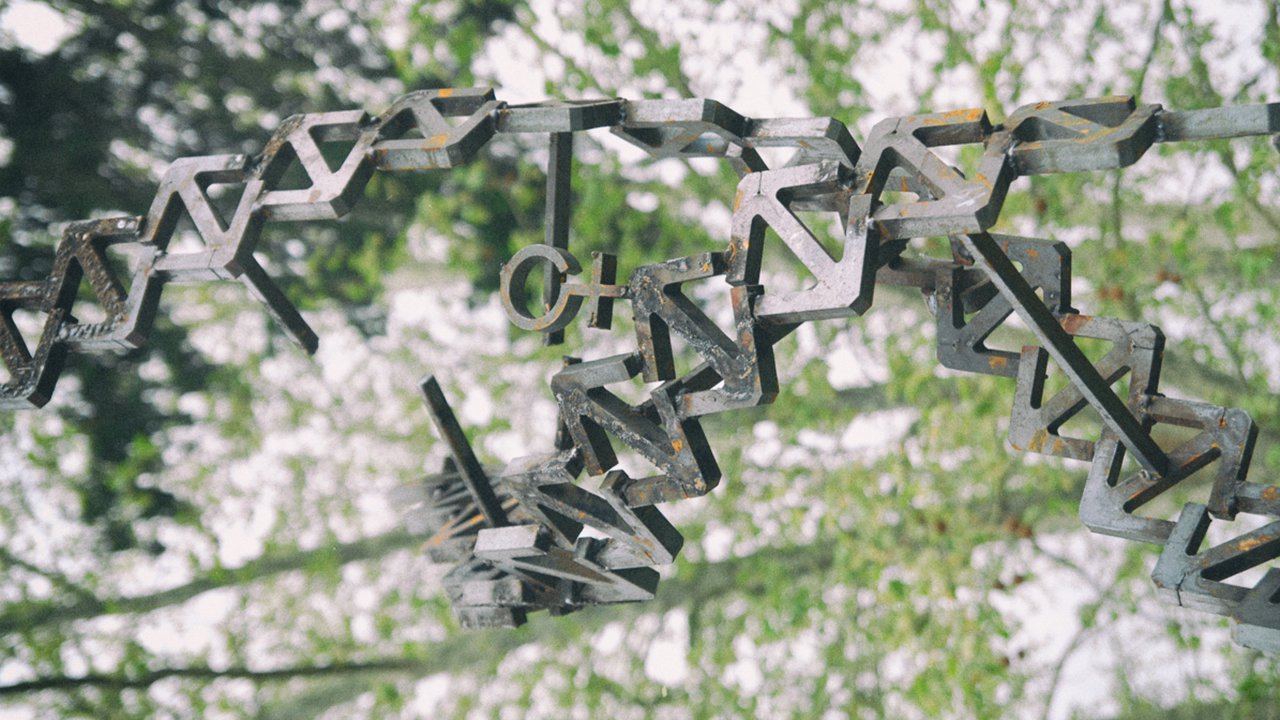You'll never guess what Microsoft has stored on DNA
Redmond has set a new DNA storage record

Remember a few months ago when it emerged that Microsoft wanted to use DNA for storage purposes? Well, apparently work on that front is progressing well, and Redmond has announced it's achieved an important milestone.
Working with the University of Washington, Microsoft has revealed that it's managed to store 200MB of data on DNA – and that's a new record.
And what was that data? Microsoft literally stored, well, a record – or rather an HD music video by OK Go – and a load of literature, the top 100 books taken from Project Gutenberg to be precise, all on DNA.
When encoded onto DNA, that data took up a tiny amount of space – a tiny spot in a test tube which was "much smaller than the tip of a pencil" according to Douglas Carmean, the guy from Microsoft running the project. Not a particularly scientific measurement, but you get the general idea…
Sugar cubes
This is the crucial bit with DNA storage, with massive space savings promised, and Redmond talking about the masses of information stored in a huge data centre being able to be effectively compressed down to the size of just a few sugar cubes.
That's why people are so excited about the work in this field, particularly given the massively expanding amount of data being generated these days, and the fact that traditional storage media (optical and magnetic) soon won't be enough to keep up. But a single gram of DNA can store almost a trillion gigabytes of data.
However, the researchers warn there's still a long way to go in terms of making DNA storage a commercial reality. That said, the team of computer boffins and molecular biologists reckon they are set to make major advances in swift fashion, with Carmean observing: "It's one of those serendipitous partnerships where a strong understanding of processors and computation married with molecular biology experts has the potential of producing major breakthroughs."
Sign up to the TechRadar Pro newsletter to get all the top news, opinion, features and guidance your business needs to succeed!
DNA storage isn't just about space savings, but also durability, with the longevity of the medium massively outstripping current storage technologies.
Darren is a freelancer writing news and features for TechRadar (and occasionally T3) across a broad range of computing topics including CPUs, GPUs, various other hardware, VPNs, antivirus and more. He has written about tech for the best part of three decades, and writes books in his spare time (his debut novel - 'I Know What You Did Last Supper' - was published by Hachette UK in 2013).